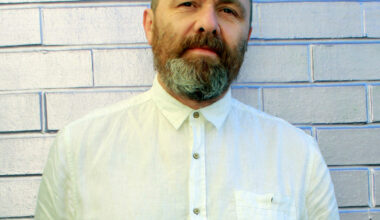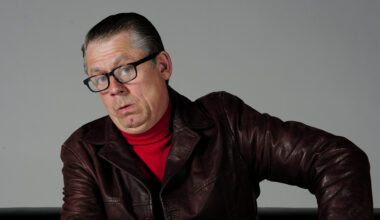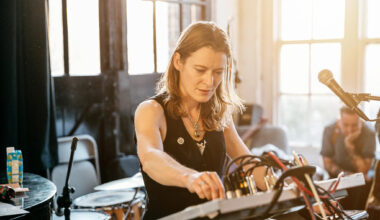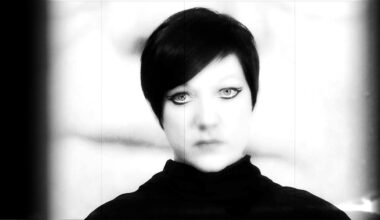Brian Eno, essential bits of kit, and the importance of family – uber-producer and Simian Mobile Disco man James Ellis Ford discusses his life and loves
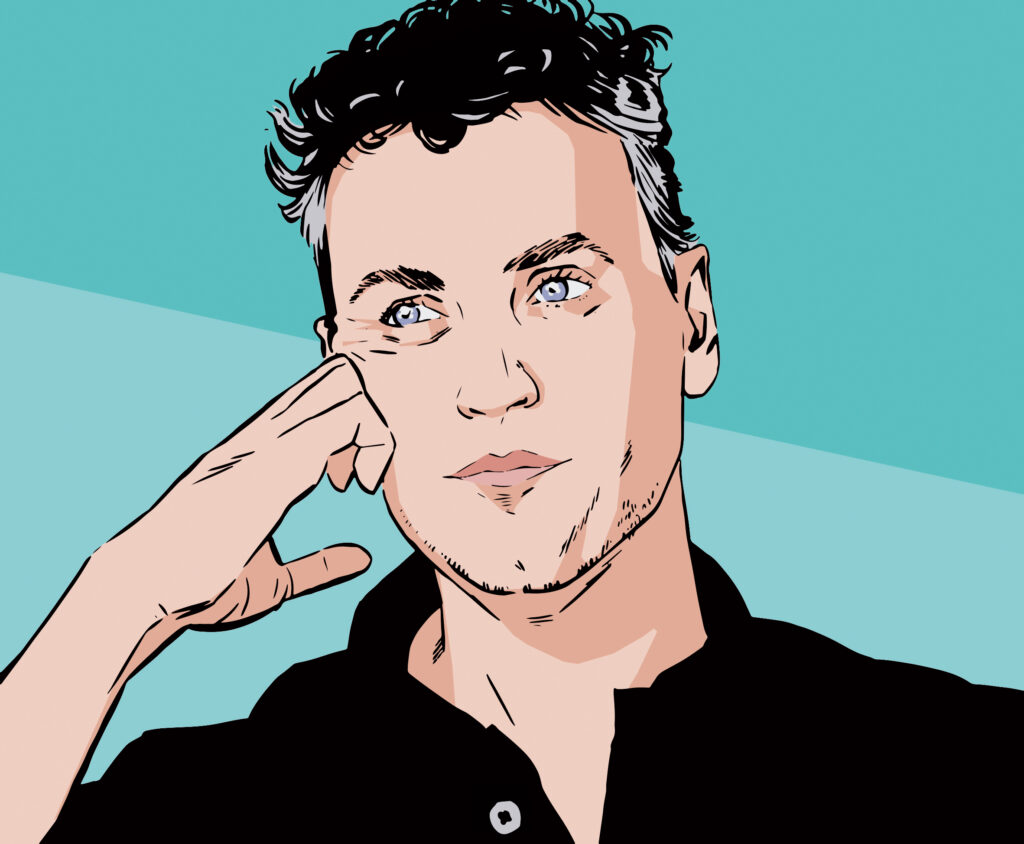
A GUIDING HAND
“Me and my dad have a very good musical relationship. We still send each other music. Actually, at this point, it’s more him sending me stuff – new bands that I’ve never heard of. We go to the Green Man Festival together and he’ll know every act on the bill. Being a music lover was part of my upbringing. He used to play in a band – just a local band – but because of that, in my teenage years, I had this basement space with a drum kit and a synthesiser, and the chance to think about music in the ‘making it’ sense.
“I’ve been playing in bands since I was 11. My dad’s music taste is what I’ve found myself reverting to. I didn’t really like it at the time – he’s a big proggy, Canterbury fan. I grew up with bands like Caravan and Gentle Giant, and Kevin Ayers, Robert Wyatt, Brian Eno… that’s all in my musical DNA, just from being in the background when I was growing up. The first person I sent my solo music to was my dad. There have been a few people in my life who have introduced me to different areas of music, but my dad was the first, and a very important one.”
ABSENT FRIENDS
“One of my biggest influences has been my musical collaborator and best friend, Jas Shaw, becoming ill. I’ve always been pretty busy, producing for other people, but any extra time I had I’d be making music with Jas. Then suddenly we were faced with the situation where I couldn’t be in the same room as him. His illness and absence created a big hole.
“Jas is a brilliant, incredibly intelligent, funny person, who always comes from an oblique angle – in music, in everything. He’s constantly inspiring to be around. He’ll always come up with weird and wonderful ideas for records. He’s like a Brian Eno to me. He’s been through the absolute worst and he’s still going through it to a large extent, but hopefully we’re going to get together and make another album again soon.”
REED ALL ABOUT IT
“My bass clarinet looks and sounds a bit like a goose. I learned the flute when I was a kid. I kind of hated it, but dutifully learned the fingering and blowing technique. I’m not by any means a bass clarinet player, but I’ve always loved the sound of it, which stems partly from my Manchester days. When I was in my first band, I was also playing with Graham Massey from 808 State in collectives called Toolshed and Homelife.
“Graham introduced me to a whole load of creative people like Paddy Steer, who is an incredible, bonkers musician, and music like Moondog, which was a revelation for me. A lot of that is bass clarinet stuff. Graham would also play it sometimes. So, one day around the time that I was starting to make the new record, I saw one on eBay, took a punt on it and taught myself to play by watching YouTube videos. I was really just learning how to play it, and that’s a regular pattern for me – trying to get to grips with something and within that process some music is generated. The challenges, frustrations and then little successes.”
CLOSE TO HOME
“My five-year-old son has motivated me in a number of ways – not least the urge for me to be present in his early years and so to work from home more. This has resulted in a domesticity which I think is evident in the new record. A lot of it was made in little snatched moments, in between being a dad.
“In production, time is the commodity that runs out. You do the best things that you can within an allotted period, which is why when you’ve got unlimited time nothing gets finished and you just go bonkers. I’ve been involved with a few projects without time constraints, some of which are still unreleased. Having a small child, you’ve got to make the most of your little windows. That means you’re efficient and productive. You can’t procrastinate. You just get on with it.”
TIME TO TINKER
“I’ve only had my home studio for about five years. I’ve never really had the space to make my own music before – I’ve always been in studios on other people’s dimes. It’s in my attic, and contains all of the equipment that I’ve collected. Everything from modular synths to a lot of the stuff we used in Simian Mobile Disco, like the ARP 2600, a drum kit, a vibraphone, a bunch of guitars and a tape loop station.
“I built it myself, and I’ve got everything wired up so that if I want to record I just have to turn the tape machine on and start playing. It takes out all of the faffing around that you get in a lot of studios. It was difficult to get everything speaking to each other, and it took me a long time, but I do love the technical aspect of it. There’s a slightly sick pleasure that you get from setting up a patch bay. It’s akin to my grandad taking old clocks apart and putting them back together again. My dad’s also the same. I think there’s a tinkering gene.”
LOOP THE LOOP
“I always loved Fripp & Eno’s ‘Evening Star’ and all those early Eno records. When I’ve been working all day, listening to music, producing, I turn to stuff like that to unwind. You can do tape loop stuff with delay pedals – I’ve done that in the past – but when I read about Brian Eno and Robert Fripp’s experiments I found a diagram of their set-up.
“I have two Revox machines and the distance between them is basically the length of the loop. But it’s hard to keep the tape in tension, so you have to run it around mic stands and chairs to get different lengths. Once you actually try it with the machines it’s much more unstable. There’s a real physical element to it. The tape is wobbling and you get this sort of motion. When you do it with a digital delay it doesn’t evolve in the same way. Once the thing is going, you’re adjusting it, you’re sort of riding this wave. Some frequencies get heightened, and you can get some really interesting soundscapes. It’s just endless fun.”
James Ellis Ford has released his debut solo album, ‘The Hum’, on Warp


